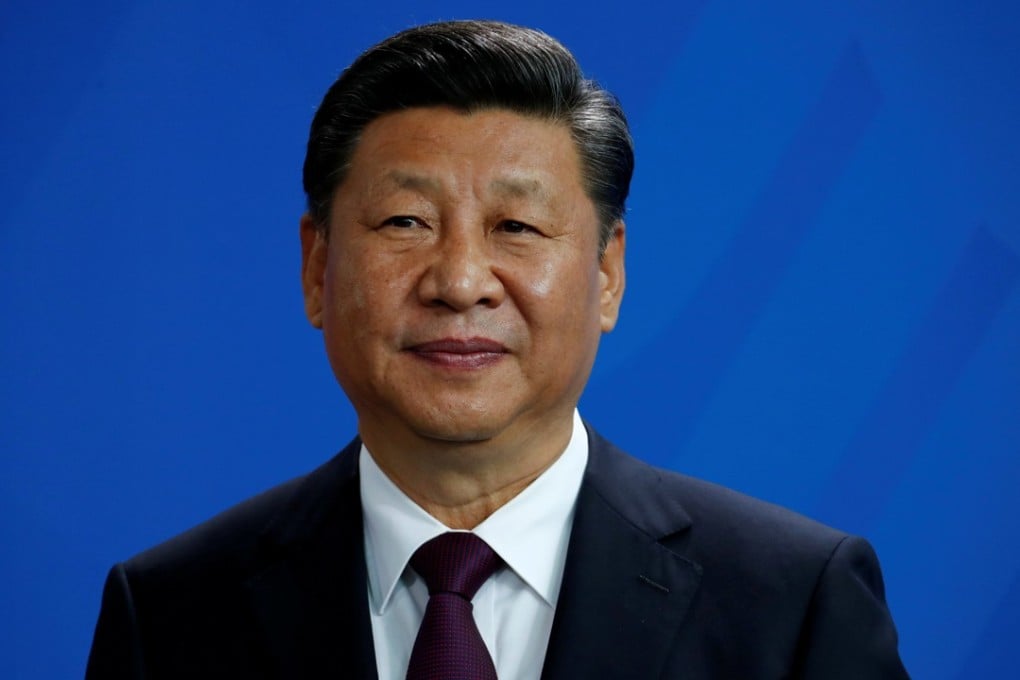China Briefing | Xi faces one of his greatest tests yet – China’s environment
Chinese president has faced down corruption to become the most powerful leader since Deng Xiaoping. Now he has a new challenge that requires reversing decades of neglect

But taming the massive bureaucracy and getting officials to heed his signature call of “rolling up the sleeves to work harder” still proves a daunting task. While the bureaucrats may publicly swear loyalty to the central leadership with Xi as “the core” and sing his praises, the ancient wisdom of “the sky is high and the emperor is far away” still reigns supreme among local officials who obfuscate government directives whenever they can.
Finally, a Chinese superhero who can take on Chuck Norris
To counteract this, Xi also seeks inspiration from imperial wisdom by dispatching teams of inspectors – commonly known as “imperial envoys” – throughout the country to ensure local officials comply with central government directives. This rides on the success of his anticorruption campaign in which anti-graft investigators fan across the country to receive complaints and investigate allegations of corruption. On top of that, he aggressively pushes for an accountability system to make officials answerable for their actions and ensure implementation.
Now Xi’s attempts to impose his own style of governance are being sorely tested by his determination to confront one of the most severe, yet long downplayed, challenges facing the country – ecology.
China’s phenomenal rise over the past 40 years to become the world’s second largest economy has been accompanied by severe ecological damage – as evidenced in air, river, and soil pollution.
Smog now hangs over much of China, particularly in winter, and more than two thirds of the country’s rivers are heavily polluted, with some deemed too toxic even to be fit for animals to drink.
